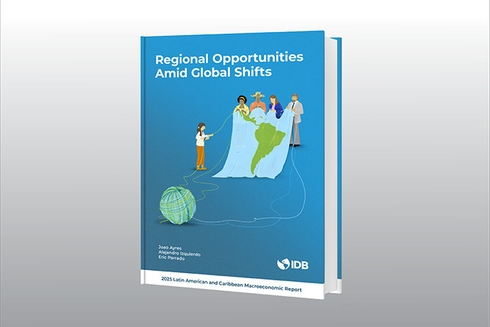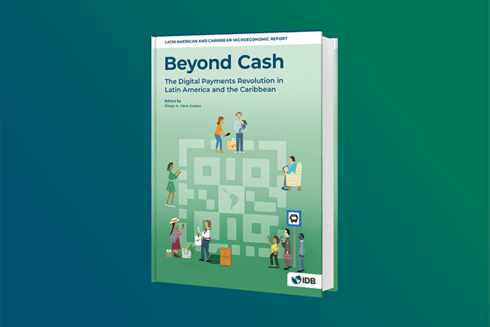The Research Department generates innovative ideas that support the strategic policy agenda of the IDB and its member countries to achieve inclusive and sustainable economic and social development in Latin America and the Caribbean. To maximize the impact of its research, we carry out activities that serve as inputs to bank departments, governments, the academic community and public opinion in the region.
We advise management on economic and development issues, conducts research and analysis on macro- and microeconomic trends, and oversees development of the IDB’s quantitative and analytical databases. It dons a team of researchers with excellent academic credentials, superior research and policymaking experience, and expertise in different areas.

- Latin America and the Caribbean have made progress in education and macroeconomic stability, yet growth remains slow and inequality high. A key reason is weak competition. Concentrated and fragmented markets limit innovation, productivity, and opportunities.
- High market concentration, regulatory barriers, and weak enforcement of rules stifle innovation and limit opportunities.
- This book presents new evidence showing that greater competition can foster development by lowering prices, increasing productivity, creating better jobs, and strengthening public finances.

- Latin America and the Caribbean has achieved a series of milestones in the past years. Growth rates have returned to long-term averages, inflation has largely been contained, countries have taken steps toward fiscal consolidation, and unemployment rates are historically low.
- However, substantial risks remain, as the region navigates global trade fragmentation, financial market volatility, and uncertainty surrounding economic policies in the world’s major economies. The geopolitical realignment of trade and investment patterns offers countries an opening to capitalize on nearshoring and regional integration.
- To seize these opportunities, governments must focus on enhancing productivity, strengthening institutional frameworks, improving human capital, and investing in critical infrastructure.

- A quiet revolution is reshaping payment systems across Latin America and the Caribbean, driven by private sector innovation and enabled by forward-looking public policies.
- There’s no universal blueprint for a successful transition from cash to digital payments—each country’s journey is unique, yet valuable lessons can be shared across borders to accelerate progress.
- The next frontier lies in harnessing digital payments for broader financial inclusion, while carefully designing policies that account for the incentives created by high levels of informality.












